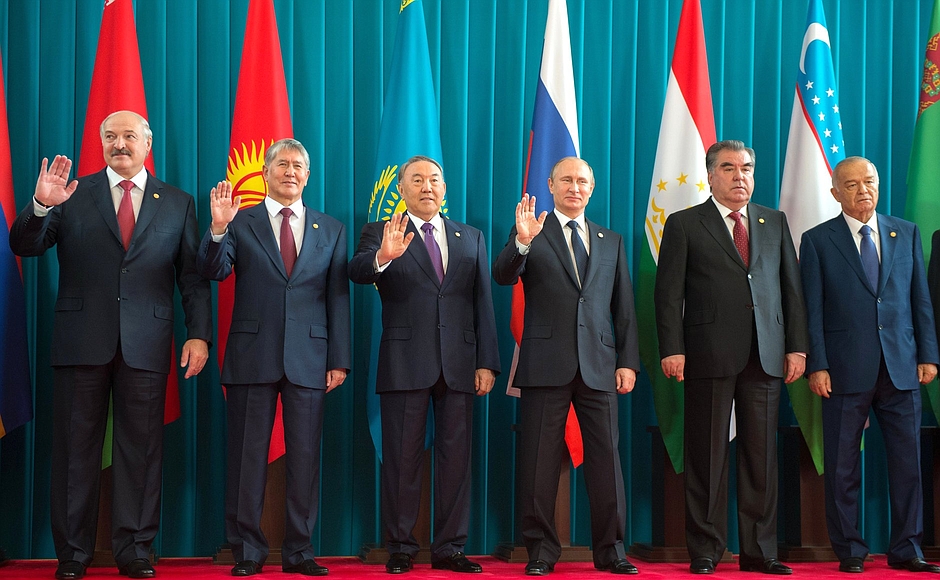Stamp: 2nd Round Table Conference London 1931 (Zambia 1998)
2nd Round Table Conference London 1931 (Zambia 1998)
30 January (Zambia ) within release 50th Death Anniversary of Mahatma Gandhi goes into circulation Stamp 2nd Round Table Conference London 1931 face value 2,000 Zambian kwacha
| Stamp 2nd Round Table Conference London 1931 in catalogues | |
|---|---|
| Michel: | Mi: ZM 765 |
Stamp is square format.
Stamp from souvenir sheet. Not listed separately by Sg or SnAlso in the issue 50th Death Anniversary of Mahatma Gandhi:
- Stamp - Mahatma Gandhi face value 900;
- Stamp - 2nd Round Table Conference London 1931 face value 2,000;
- Souvenir Sheet - 2nd Round Table Conference London 1931 face value 2,000;
- Stamp - Law student in London 1888 face value 250;
- Stamp - Red Fort New Delhi face value O;
- Stamp - With Nehru 1946 face value 500;
Stamp 2nd Round Table Conference London 1931 it reflects the thematic directions:
An anniversary is the date on which an event took place or an institution was founded in a previous year, and may also refer to the commemoration or celebration of that event. For example, the first event is the initial occurrence or, if planned, the inaugural of the event. One year later would be the first anniversary of that event. The word was first used for Catholic feasts to commemorate saints. Most countries celebrate national anniversaries, typically called national days. These could be the date of independence of the nation or the adoption of a new constitution or form of government. The important dates in a sitting monarch's reign may also be commemorated, an event often referred to as a "Jubilee".
A conference is a meeting, often lasting a few days, which is organized on a particular subject, or to bring together people who have a common interest. Conferences can be used as a form of group decision-making, although discussion, not always decisions, is the primary purpose of conferences. The term derives from the word confer.
A freedom fighter is a person engaged in a resistance movement against what they believe to be an oppressive and illegitimate government.
A head of state (or chief of state) is the public persona that officially represents the national unity and legitimacy of a sovereign state. In some countries, the head of state is a ceremonial figurehead with limited or no executive power, while in others, the head of state is also the head of government. In countries with parliamentary governments, the head of state is typically a ceremonial figurehead that does not actually guide day-to-day government activities and may not be empowered to exercise any kind of secular political authority (e.g., Queen Elizabeth II as Head of the Commonwealth). In countries where the head of state is also the head of government, the president serves as both a public figurehead and the actual highest ranking political leader who oversees the executive branch (e.g., the President of the United States).



